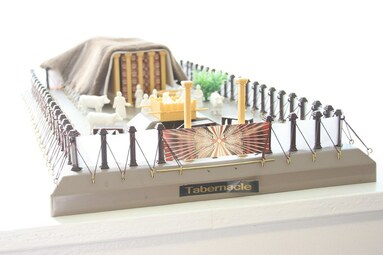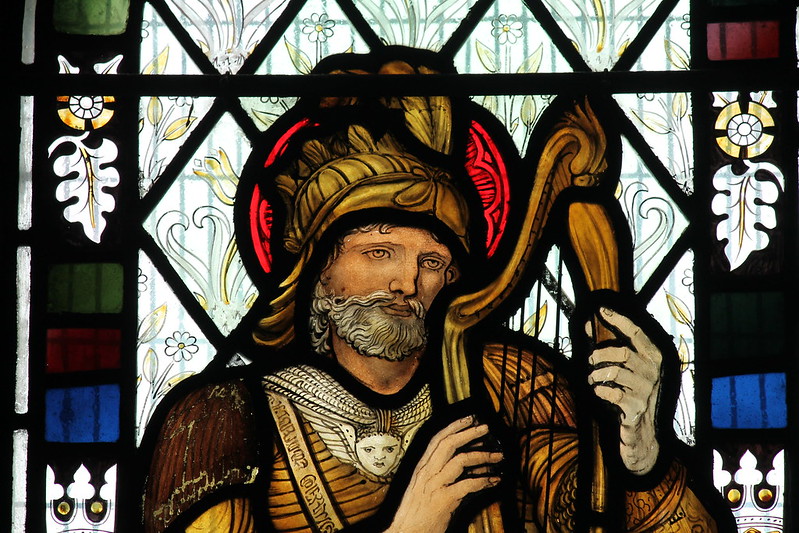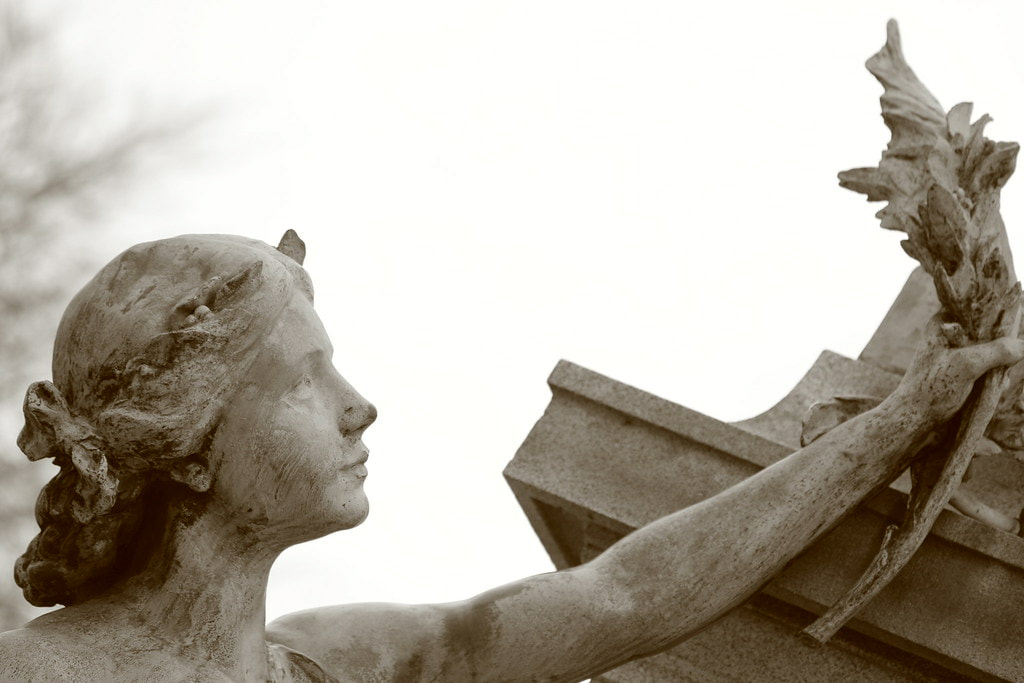|
We've all been there. Today's the day we've been planning for! Everything is in place and we are good to go! We are expecting big. Expecting results. Expecting success. Expecting picture-perfect and fantabulous. Now fast forward. Well, let's just say that things didn't quite go the way we expected. Someone didn't show. A task was not done. We goofed on an important detail. The tire was flat. The weather didn't cooperate. Someone's comment threw a negative slant on the evening. The baby got sick. The game got cancelled. The scale reminds us that we still haven't lost those last 10 pounds....Or add your own variables to this equation. I am learning to operate daily with an "expectancy mindset." I want to use my expectations to my advantage to change the very structure of my brain. Most of us would prefer to have a positive expectancy mindset where we not only hope for the best but we also expect the best. It is exciting to think that our positive thinking mindset (the way God wired us) can essentially lead to positive outcomes and scenarios. Our words and our thoughts are powerful and they direct our brain and body. On the other hand, we may hope for and expect the best, but things don't exactly go as planned. Our hopes and dreams are dashed. How do we handle this? Case in point: There was once a king in the Bible who loved God and walked closely with Him day in and day out. His life story is fascinating. He was appointed Shepherd and Ruler over Israel to follow the preceding king, Saul. King David reigned during the time of the prophets Samuel and Nathan, during a period when the kingdom was unified; however, uneasiness was brewing among the tribes.  David had wonderful desires to build a house for God where the ark of the covenant (hauled during the Exodus) would be placed and protected. During the Exodus, the people constructed a curtained tent or tabernacle for the ark, and now David had dreams to erect a temple made of stone for the Lord. King David had built houses for himself in Jerusalem, but the ark was housed in a tent. He didn't like this disparity. “See now, I dwell in a house of cedar, but the ark of God dwells within tent curtains” 2 Sam 7:1. Picture King David and his well laid plans and expectations for the house of God. In 1 Chronicles 28, we read how David had comprehensive "blue prints" for the temple porch, various out buildings and storehouses for all the dedicated things, the upper and inner rooms, and the room for the mercy seat, all of the golden and silver utensils for each kind of service, the golden and silver lampstands and their golden and silver lamps, the iron, the wood, the precious stones, the tables of showbread, the forks, basins, pitcher, golden and silver bowls, the gold for the altar of incense and the chariot model and cherubim that covered the ark of the covenant.... God inspired King David with incredible and detailed plans for the house of God. His son Solomon would later remark: “Now it was in the heart of my father David to build a house for the name of the LORD, the God of Israel" (1 Kings 8:17). But these best made plans, plans nestled deeply within David's heart, were dashed. In his address to those assembled in Jerusalem, King David stood up and said, "Listen to me, my brethren and my people; I had intended to build a permanent home for the ark of the covenant of the LORD and for the footstool of our God. So I had made preparations to build it.....[The Lord] said to me, ‘Your son Solomon is the one who shall build My house and My courts; for I have chosen him to be a son to Me, and I will be a father to him" (1Ch 28:2-6). Do you imagine that the King may have been heart broken? Disappointed? Disgruntled? Jealous? After all, he had worked so hard, dreamed for quite a while, had something so proper and right in mind to honor God, and now he must face the realization that he would not have the honor of fulfilling this dream as first imagined. Were his hopes dashed? Were his expectations foiled? Maybe. We can also add into the mix personal regret. Why was David was not permitted to build the house of God after all? Well, because of war and bloodshed under his reign. Ouch. But how did he handle this change in plans? Simply put, he praised God. He recognized that essentially all the wealth and the abundance of the contributions for the house came from God's hand. David claimed that in "integrity" of his heart, he willingly offered these things and with "joy" he witnessed the people giving, also. He prayed on behalf of his son: "...give to my son Solomon a perfect heart to keep Your commandments, Your testimonies and Your statutes, and to do them all, and to build the temple, for which I have made provision" (1 Ch. 29: 16-19). What a wonderful action item and Biblical truth that we can apply in our own lives! We do need to engage in creativity, dreaming, planning with a mindset of hopeful and positive expectancy. Our imagination is a wonderful gift from God, and when we find that everything we plan and dream about can be an act of worship and dedication to the Lord, we learn to depend on Him with the formation and outcome. In other words, King David humbly worked for God, setting aside his own ultimate plans and projected outcomes. This fact, it seems, made it easier for David to make internal, emotional adjustments when God took his plans in a different direction. I hope I can be mindful of this personally. Sometimes in my life, I have exalted my plans far about God and demanded that He carry out my plans accordingly. In other words, I have prayed, "Lord, these are my plans for the day. Please help me to carry them out." A better approach is "Lord, what are Your plans for my day today? My to-do list is long, but I want to be led by You each step along the way. Please divinely guide me and interrupt me as needed. All my work is for You. May You be glorified by the work of my hands, by my imagination and dreams. May my hope be in You and your character first and foremost instead of my plans." Perhaps King David was better equipped to handle the fact that he would not be the one to build the temple of God because He knew God so intimately. Perhaps King David was able to praise God amidst the change of plans because David fully and wholeheartedly trusted God. Our commitment -- first to the Lord -- is the best place for us to start with our expectations! Then He will "establish our plans" Pro 16:3. And this is something we can definitely be grateful for! And [the Macedonian churches] exceeded our expectations: Comments are closed.
|
|
Copyright ©Choose 2 Think™ 2013-present. All rights reserved.
Terms and Conditions | Privacy Policy | Disclaimer | Site Credits Choose 2 Think™ is owned and operated by Victoria Lydon with Wings of Dawn Ministries, LLC. and is solely for educational and informational and is not intended as health or medical advice. Always consult a physician or other qualified health provider regarding any questions you may have about any medical condition or health objective. *As an Amazon Associate I may earn a small commission from qualifying purchases at no extra cost to you. |










